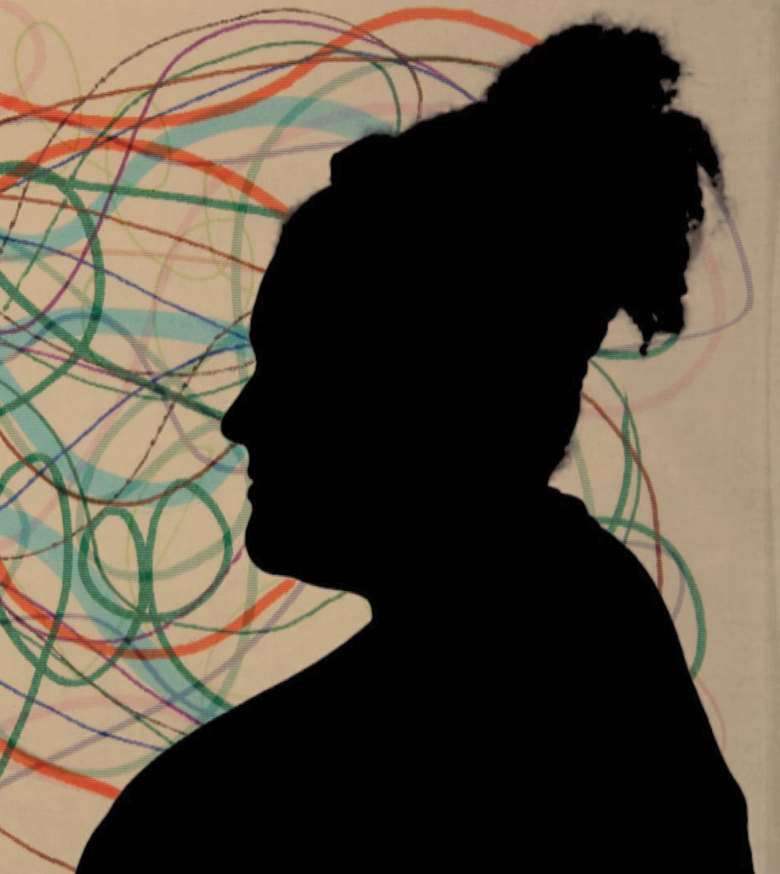Participation in Action: Young people go into the shadows to tackle depression
Adam Offord
Monday, August 3, 2015
A group of young people involved in a research study have made a short animated film to raise awareness about depression.

Provider Anna Freud Centre
Name Facing Shadows
Tackling the stigma around children's mental health problems is an issue the government, charities and young people have been working hard to address.
To help improve understanding of the issue, a group of young people decided to take the bold step of getting in front of the camera to make a short film about what it is like to live with depression.
The seven young people took part in the Improving Mood with Psychoanalytic and Cognitive Therapies - My Experience (Impact-Me) study, a research project run by the Anna Freud Centre, which is investigating depression in adolescence.
Lauren, aged 18, a group member, says the film was needed because "it is not a very open subject". "A lot of kids might not realise they are depressed until they watch the film as depression comes in all types and forms," she said. "It's not just if you cry you're depressed. You could be angry, anxious or worried. Depression is not bog-standard. It's different for every person, so it's important to watch the movie and realise that."
Over the four-day process, the group, whose members were also taking part in a clinical trial of adolescent depression treatment, were helped by researchers and a creative team.
Among the creative team was filmmaker Andy Dunn, Elizabeth Hobbs of Spellbound Animation, and Valerie Dunn, a research associate at the University of Cambridge, while director of IMPACT-ME Nick Midgley and other researchers supported the young people.
"With young people, social media is such a big thing and the idea of a film on YouTube was a really great idea," says senior researcher Sally Parkinson.
During the pre-production stage, the young people brainstormed ideas and drew storyboards and illustrations, while also creating the materials they would need. They then went on to take part in the filming, and also used audio equipment to record their speech, which was unscripted so they could use their own words and voices.
They looked at the key themes they wanted to explore around depression and the week was then structured to explore the subjects chosen.
A huge amount of material was generated, and as part of the process the group had to choose what they wanted to keep in the film and what they didn't.
Some of the ideas produced over the four days included using drawn animation called "big flippers", where the young people would do drawings to depict their secrets, which were then filmed. Shadow sequences were also projected onto a white screen to recreate events in their treatment, such as counselling sessions.
"It was interesting because they brought in lots of equipment like lighting and cameras that I hadn't used before, so it was fascinating to learn how to use something new," Lauren adds.
Once the film had been completed, it was premiered at the British Film Institute (BFI) in July and the young people also did a live question and answer session with the audience to talk about the making of the film.
"Having our film premiered at the BFI was incredible," says 18-year-old Emma. "Depression has such a stigma attached to it, and there is an increasing number of children and young people who are suffering with mental health illnesses.
If this film helps just one individual, I'll be delighted."
A second film called Journey Through the Shadows was also made as part of the research study and shown at the BFI premiere. It was made by three parents to show their experiences of caring for a child with depression and their own journeys towards getting help.
Both films were financially supported by The Monument Trust, The Beacon Bursary and The Health Technologies Association.
Parkinson adds: "There are a lot of things they have been able to take away: just being able to take a really difficult experience and turn that into something really kind of positive." She says the Anna Freud Centre is keen to get the video "out there as far and wide as possible", with a target being schools and children's mental health services.
To watch the video, see www.annafreud.org/about-us/news/2015/07/ what-does-depression-feel-like-and-what-s-it-like-to-go-to-therapy/




